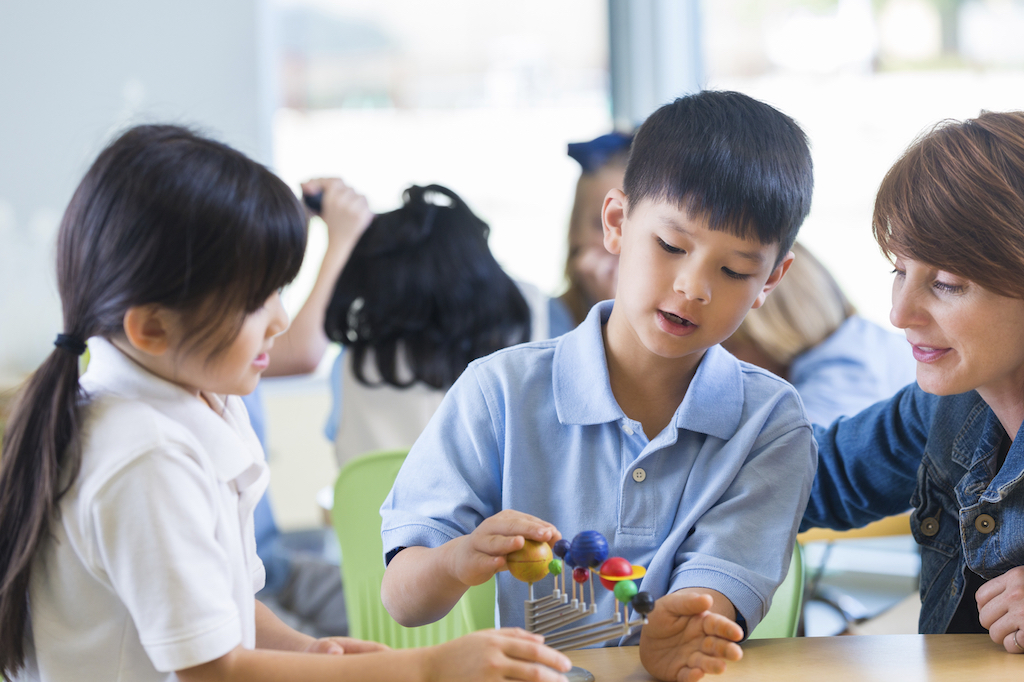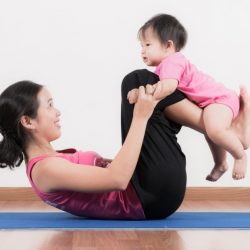SingaporeMotherhood | Parenting
July 2016
New PSLE Scores Don’t Reduce ‘Kiasu’-ism: What Will?

After a teaser on how the T-scores will be removed for wider scoring bands, MOE recently announced a new PSLE scoring system which sort of follows how we count our L1R5, by assigning a specific banded score to your child’s results based on percentage.
In essence, MOE will still give PSLE scores — even though the big idea is to move away from comparison with others. (Find out how it works here)
[banner][/banner]
Will the new PSLE scores shift the focus away from unhealthy academic comparisons?
PSLE scores are still numbers, and my first thought is still on how to ensure my kids score well (in this case, the lower the better, like golf).
I’m having trouble understanding how the removal of a T-score, inverting the scoring system and scoring based on bands of five percentage points (that already activates my itch to calculate the maximum my kids should score for each subject to be considered “safe” and “good”) is supposed to take my focus away from academic results.
It’s actually making me a bit more nervous as the difference between Express and Normal (A) has shifted from tens of points, to just a few. Psychologically, the new “margin of error” looks narrower at first glance.
OMG the new scoring system is turning me into a calculative ‘kiasu’ monster parent in the middle of the night!
What would “less focus on academics” mean to me?
As a start, including deductions for contributions in non-academic subjects would be nice.
We already have a pretty precise system of allocating grades to varying levels of CCA achievements at the secondary and junior college levels, which can be used to reduce the final scores when applying for the next level of education.
Hitting a certain number of hours spent in community service also merits a score of its own, as you can’t teach moral education inside a classroom alone.
Granted, there may be a group of ‘kiasu’ parents who will push their kids ridiculously hard to excel in whatever non-academic activities they do.
But expanding the scope of a student’s PSLE evaluation to include non-academic subjects will “walk the MOE talk” of moving the focus towards the student’s own learning.
Every student has multiple strengths that may not necessarily fall into the four subjects (English, Mother Tongue, Mathematics, and Science) taken at PSLE exams. The question is: how will MOE give credence to these non-academic strengths?
Some schools have the Direct School Admission (DSA) Exercise, which usually means a student has to excel exceptionally in a certain area.
(See also: 7 Places to Send Your Child for DSA Preparation Courses)
However, I learnt in business school that having a competitive advantage doesn’t necessarily mean you have one single strength that beats 99 per cent of your peers. In fact, it’s the ability to accumulate and synchronise various strengths for a better overall package.
I worry that we are missing out on cultivating the competitive advantages of each primary student
In a student’s life, it’s not only opportunity that is a limiting factor. Remember that their time is limited too. It makes more practical sense for a student to focus on what will be measured and recorded against his name, than on other activities which may not be recognised.
Standard KPIs produce standard results
By focusing too much on a few standard subjects and not giving credit when students cultivate other strengths, we may be discouraging students from growing in non-academic areas.
Yet our creativity, diversity, adaptability, and confidence in ambiguity are traits that help us survive as our world evolves.
So I hope one day in the near future, not only will MOE and schools expand their scope of assessing a student’s worth.
I hope we will also create a culture which has a better appreciation of different strengths in the individual.
All content from this article, including images, cannot be reproduced without credits or written permission from SingaporeMotherhood.
Follow us on Facebook, Instagram, and Telegram for the latest article and promotion updates.







